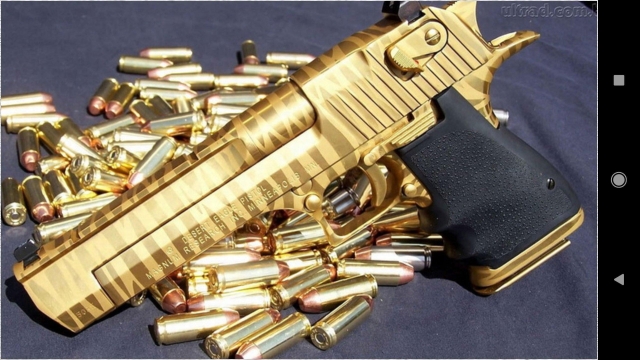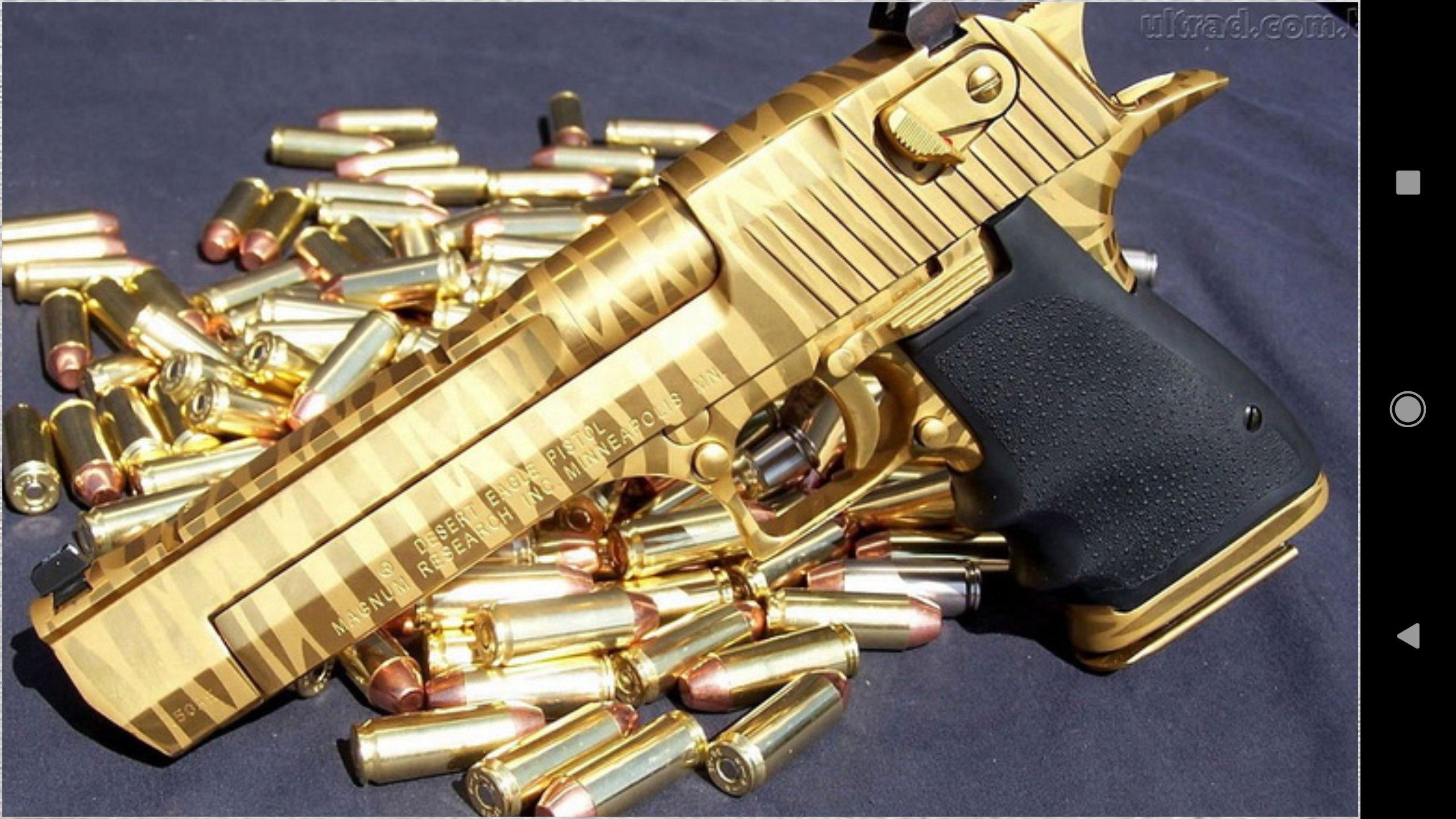Firearms have long been a significant aspect of our society, with a rich history that spans centuries. Exploring and understanding the world of firearms can be an enlightening journey that unravels the power and significance they hold. Whether it’s for self-defense, sport shooting, or collecting, firearms have captured the attention and fascination of many enthusiasts worldwide.
For those seeking to enter this world, navigating the realm of firearms can seem overwhelming. From understanding the various types and models to knowing the legal and safety aspects, a comprehensive guide becomes crucial. Whether you are a novice looking to make your first purchase or an experienced individual hoping to expand your collection, this article aims to provide a valuable resource.
Within these pages, we will delve into the intricacies of buying and selling firearms. Exploring the legal requirements, local regulations, and various considerations, we aim to equip you with the knowledge necessary to make informed decisions. Additionally, we will examine the different avenues available for buying and selling firearms, offering insights into both online and physical marketplaces.
Unlocking the power within the world of firearms requires a delicate balance of knowledge, responsibility, and respect. By providing you with a comprehensive guide to buying and selling firearms, we hope to empower and educate, ensuring that you embark on this journey with confidence and awareness. So, let us begin this exploration, uncovering the intricacies that lie beneath the surface of the firearms world.
Understanding Firearm Types
In the world of firearms, there are various types that cater to different needs and preferences. From handguns to rifles, each firearm has its own unique characteristics and purposes. Understanding the different types can help you make an informed decision when buying or selling firearms.
Starting with handguns, these firearms are designed to be held and operated with one hand. They are compact and easy to maneuver, making them popular choices for self-defense, law enforcement, and sporting activities such as target shooting. Handguns come in different forms, including revolvers and semi-automatic pistols. Revolvers have a rotating cylinder that houses the bullets, while semi-automatic pistols have a magazine that holds the rounds.
Moving on to rifles, these long-barreled firearms are typically held against the shoulder when fired. Rifles are known for their accuracy and are commonly used for hunting, sport shooting, and military applications. They have various action types, including bolt-action, lever-action, and semi-automatic. Bolt-action rifles require manually cycling the bolt to load and eject cartridges, while lever-action rifles use a lever to cycle the action. Semi-automatic rifles use the energy from fired rounds to automatically load the next round.
Shotguns, also known as scatterguns, are firearms designed to shoot shells containing multiple pellets or a solid slug. They are commonly used for hunting, sport shooting, and home defense. Shotguns come in different variations, such as pump-action, break-action, and semi-automatic. Pump-action shotguns require manually cycling the action to chamber a round, while break-action shotguns have a hinge that allows the barrel(s) to be opened for reloading. Semi-automatic shotguns utilize the gas or recoil energy to cycle the action automatically.
Understanding the different types of firearms is crucial for anyone interested in the world of guns. Whether you’re buying a firearm for personal protection, sport shooting, or any other purpose, knowing the characteristics and applications of each type can help you find the right firearm for your needs.
Navigating Legal Requirements
In order to engage in the buying and selling of firearms, it is crucial to have a solid understanding of the legal requirements that govern these activities. This knowledge will not only ensure compliance with the law but also contribute to the overall safety and responsible handling of firearms.
First and foremost, it is essential to familiarize oneself with the specific laws and regulations pertaining to firearms in your jurisdiction. These laws can vary significantly between countries, states, and even local jurisdictions. It is crucial to research and fully understand the legal framework that governs firearm ownership, possession, and transfer within your area.
Secondly, it is important to acquire the necessary licenses and permits, where applicable, to engage in firearm transactions. Many jurisdictions require individuals to obtain a Federal Firearms License (FFL) or similar authorization to legally buy and sell firearms. Obtaining the appropriate licenses not only demonstrates your commitment to operating within the confines of the law but also provides a layer of legal protection for both buyers and sellers.
Additionally, it is vital to conduct proper background checks and age verifications when engaging in firearm transactions. Background checks help ensure that firearms are being transferred to individuals who meet the necessary legal requirements, such as being of a certain age and not having a disqualifying criminal history. Adhering to these practices helps promote responsible ownership and minimize the risk of firearms ending up in the wrong hands.
By navigating the legal requirements surrounding firearms diligently, individuals can engage in the buying and selling of firearms while upholding the highest standards of legality and safety. Understanding and adhering to the laws and regulations in your jurisdiction, obtaining the relevant licenses and permits, and conducting proper background checks are essential steps towards responsible firearms transactions.
Effective Buying and Selling Strategies
Guns
In the world of firearms, having effective buying and selling strategies can make all the difference. Whether you are a seasoned collector or a first-time buyer, it is important to navigate the market with knowledge and caution. Here are a few strategies to help guide you in your firearm transactions.
Research, Research, Research: Before making any buying or selling decisions, it is crucial to do your homework. Take the time to thoroughly research the specific firearm you are interested in and understand its market value. Look into different sellers and their reputation, as well as any legal requirements or restrictions in your area. By being well-informed, you can make confident and informed decisions.
Network and Connect: Building a network of trustworthy contacts in the firearms community can be highly beneficial when buying and selling. Attend gun shows, join local gun clubs, or participate in online forums to connect with like-minded individuals. These connections can not only provide you with valuable insights, but they can also serve as potential buyers or sellers in the future.
Negotiate Smartly: When it comes to buying and selling firearms, negotiation skills can play a significant role. Aim to strike a fair deal that satisfies both parties involved. Keep in mind that being respectful and courteous can go a long way in securing a successful transaction. Don’t be afraid to walk away from a deal if it doesn’t meet your needs or if something feels off.

Remember, responsible firearm ownership is paramount. Always adhere to laws and regulations, and prioritize safety when engaging in any transactions. With effective buying and selling strategies, you can make the most of your experience in the world of firearms.




